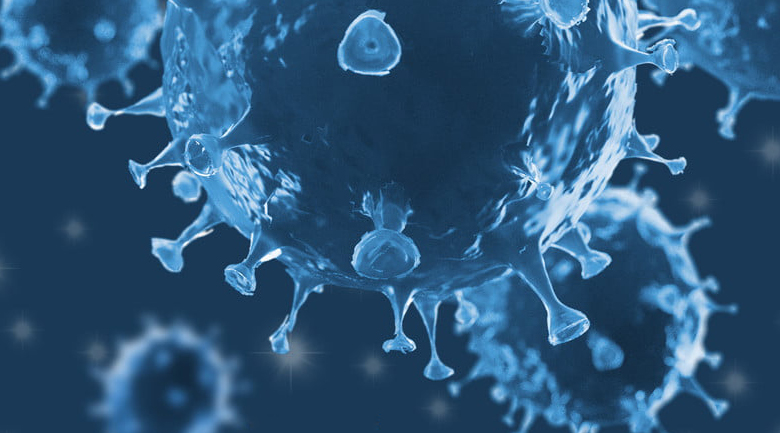
People with cancer have been severely affected by COVID-19, with the pandemic impacting how they’re diagnosed, treated and cared for. When the pandemic began, scientists across the UK looked at what they could do to support the COVID-19 efforts, from volunteering in a testing facility to 3D printing masks.
And with an excellent track record in setting up early stage (phase 1) cancer trials quickly, our Centre for Drug Development were determined to help.
Not only did they manage to keep their cancer trials going during the pandemic, but at no extra cost to the charity, they also lent their expertise to fight the COVID-19 pandemic.
In May 2020, Latus Therapeutics approached us, having secured funding worth up to £1m from the medical research charity LifeArc, to set up and run the SPIKE–1 trial.
We spoke with Professor Kev Dhaliwal from the University of Edinburgh, chief investigator of the SPIKE–1 trial, which is testing if a drug called camostat can help stop people with COVID-19 developing severe disease and prevent them from deteriorating and being hospitalised.
Dhaliwal, who specialises in respiratory and translational medicine, had been urgently considering potential avenues for COVID-19 treatmen
“There was evidence from scientists in Germany around repurposing a drug, used to treat inflammation of the pancreas, that might also be able to reduce the severity of COVID-19 by blocking an enzyme the virus needs to get into cells. The key aim is to treat as early as possible”
The team immediately started to look at setting up their own studies that could help those who were particularly at high risk of COVID-19 complications, including certain cancer patients whose immune systems may be compromised while undergoing treatment.
“Our first hurdle was getting access to potential drugs. We were introduced to Dr Bobojon Nazarov, founder of the biotech company Latus Therapeutics, which established the framework for the SPIKE-1 trial, and who knew Cancer Research UK might be able to help through their Centre for Drug Development.”
With the backing of LifeArc, Cancer Research UK’s drug development expertise and the generosity of Ono Pharmaceutical who supplied the drug free of charge, the team were able to get the trial off the ground.
Dhaliwal says that one of the great things about the study and drug, camostat, is that it can be taken at home as a tablet, which is helpful during a pandemic. They began what Dhaliwal describes as a ‘hospital-at-home-trial’ – where people take a diary, measure their oxygen levels using a finger clip, their temperature by an ear thermometer and have daily talks with our nursing team. “We hoped the drug would be able to reduce the severity of their symptoms, with the end goal being to prevent them having to go to hospital, and also provide some much needed support at home.”
